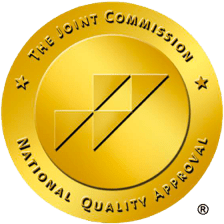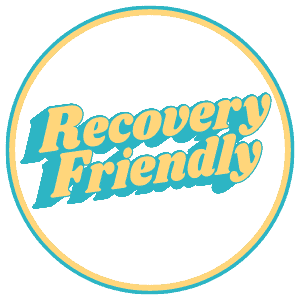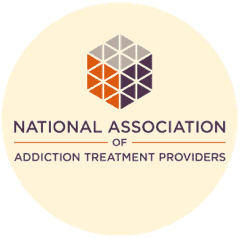Drug and alcohol addiction can lead to significant–sometimes life-threatening–harm to your physical and emotional well-being. If you or someone you love struggles with substance abuse or addiction, getting treatment is the best decision you can make to protect yourself from devastating harm and complications. With the right treatment, you can overcome the physical, emotional, and behavioral aspects of your addiction and learn to live a healthier, more fulfilling life.
Comprehensive addiction treatment plans generally include both individual and group therapy sessions. Therapy aims to help people process emotions, learn skills, and identify roadblocks that keep them stuck in their destructive behaviors. Many people feel hesitant about group therapy before starting treatment–and this makes some sense. After all, most people would feel uncomfortable being open and vulnerable with a group of strangers.
But there are many significant benefits to men’s group therapy in addiction treatment. Understanding the benefits of group therapy can help you prepare for treatment and get the most out of your time there.
5 Advantages of Men’s Group Therapy in Addiction Treatment
Books and movies often portray group therapy inaccurately to create drama, which can make people feel a little unsure about participating in this aspect of addiction treatment. But real-life group therapy sessions offer a safe, supportive place to share stories, learn valuable skills, and get non-judgmental support. This support can be especially valuable for men in addiction treatment programs and recovery.
Here are five of the most significant benefits of participating in men’s group therapy.
1. Community
Depression, shame, and isolation are common among people living with substance abuse or addiction. Addiction is a complex condition that can have roots in a person’s past experiences, mental health, biology, and more. Many aspects of life that lead people to substance abuse can also be isolating.
People may also feel guilty, angry, or ashamed of their behaviors while using drugs and alcohol. It’s common to leave old, unhealthy relationships as you prepare to live a sober lifestyle. All of these can leave people feeling alone as they begin recovery.
Men’s group therapy provides regular support and a community of people going through the same stages of recovery.
2. Improved communication
Very few people learn how to communicate effectively with others. Poor communication skills can prevent people from getting what they need, working well with others, or having deep, healthy relationships.
Participating in men’s group therapy can help you practice listening, processing, and understanding. It can help you develop more empathy and avoid judging others–and it lets you express yourself without feeling judged.
Better communication can lead to more opportunities, healthier relationships, and being able to ask for what you need.
3. Feedback
Part of the work of addiction recovery is getting to know yourself more deeply. Healing and moving forward requires taking responsibility for your actions, forgiving yourself, and learning how to handle challenges in healthy ways.
During men’s group therapy sessions, you will get feedback from peers and staff that can help you identify patterns of thoughts and behaviors that may be holding you back. You’ll learn to examine the feedback and discover what is and is not true. You will get to know yourself more deeply by having your thoughts, behaviors, and words reflected back to you from a supportive group.
4. Learn and practice skills
Learning new skills is one of the most fundamental aspects of addiction treatment. While learning skills is important, it’s even more crucial to practice them. Participating in group therapy sessions allows you to learn and try out new skills in the safety and comfort of your peer group. You can identify areas where you need more practice and work on skills until you’re ready to use them in your daily life.
5. Observation
Participating in individual and group therapy sessions during addiction treatment is important. You can process feelings with your therapist in a closed setting during one-to-one sessions.
But in a group therapy session, your therapist can observe your progress in real time. They’ll be able to see your changes and watch as you use new skills. Your therapist can get an accurate picture of how you relate to your peers and tailor your treatment plan as your recovery progresses.
Get Help Now
If you or a man in your life struggles with substance abuse or addiction, contact the team at Next Step Recovery to learn about our supportive, comprehensive men’s rehab programs. Our specialists understand that men have different needs in recovery, and we get to know each person well so that we can tailor treatment to meet their unique needs.
Call us today to learn more about taking the first step of your recovery journey.









